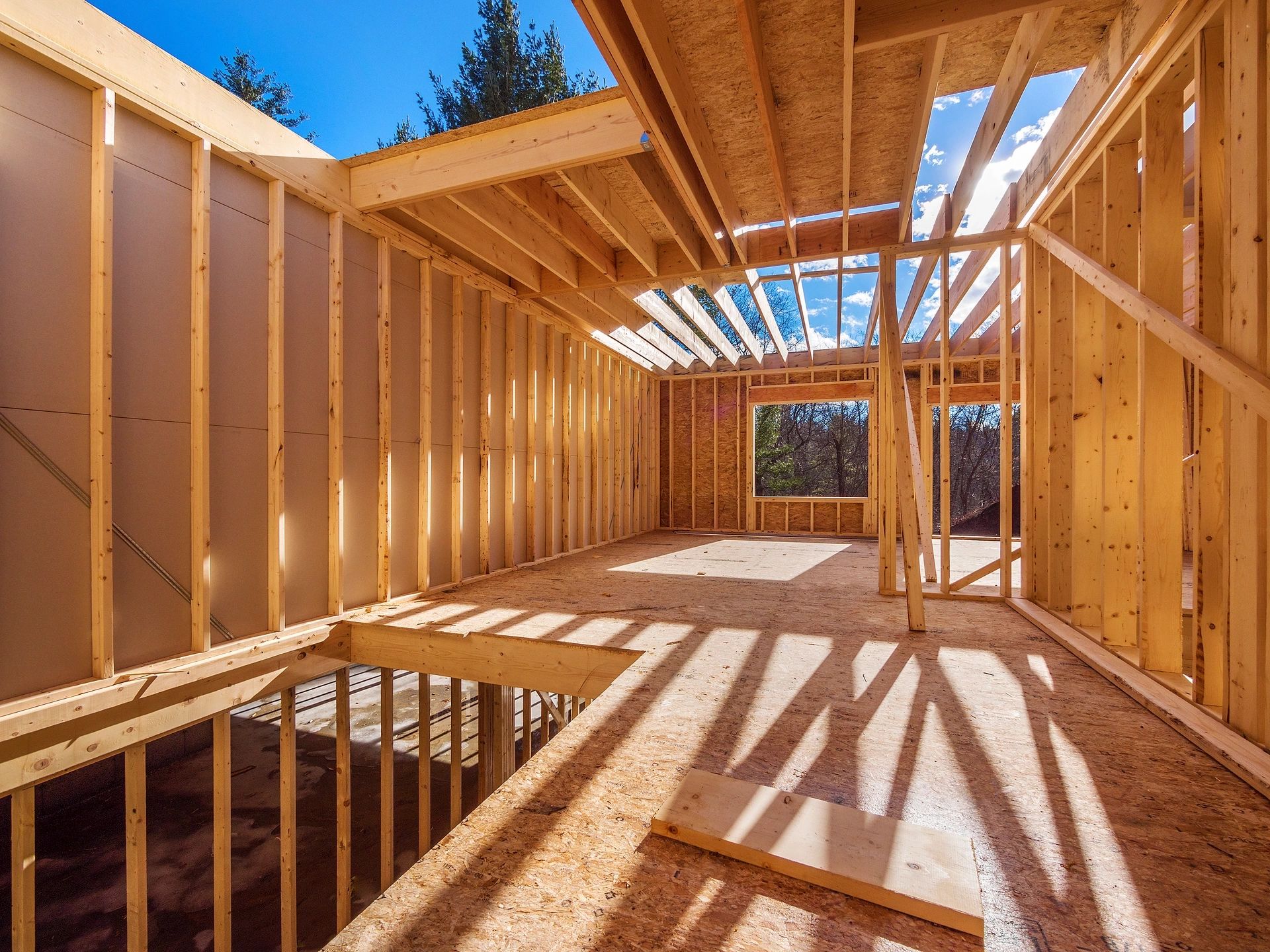
The Importance of Permitted Work on ADUs
Don’t need no stinkin’ permit? Think again.
You’re ready to get on the ADU bandwagon. You’ve got a garage or basement that will be perfect; in fact, there have already been improvements, all done “up to code.” You didn’t get a permit because you really didn’t need it…right?
There are many things that can cause problems for homeowners and landlords who wish to add or legalize rental units as accessory dwelling units (ADUs) to their properties. This can be particularly true for ADUs created through the conversion of existing space, like a garage or basement. In such cases, even when a property inspection is performed at the time of sale, code-related issues can be missed.
We frequently get calls from property owners who have been cited for unpermitted work or have an existing unpermitted unit. The work may have been done by a previous owner or an unqualified or unscrupulous contractor. It is very common to hear, “Yes, we did this without permits, but it is all up to code.” Most often, however, this is not the case. Knowledge of building codes is a skill learned over years of study and practice.
The building codes in the US are written by professionals in the construction trades and inspectors who volunteer to participate in a consensus process. Every three years, the National Fire Protection Association, the International Code Council, and the State of California’s Building Standards Commission work to correct, append, and change our codes by an arduous process of research and debate. Building Codes are minimum standards to ensure the health and safety of the general public and are enforced by local jurisdictions.
Sometimes codes are changed to include newer technology such as solar photovoltaic and battery backup systems. Other times, codes are changed for safety, like when smoke and carbon monoxide alarms first became mandated. Another example is when accidents or disasters trigger changes, like when mold and dry rot affect our health and our buildings due to flooding or poor construction.
Code enforcement professionals are mandated to have training in the disciplines they enforce and the code changes that affect the construction and remodeling they approve. Many hours of study are required to develop and maintain the knowledge needed to help builders and owners achieve a safe building.
Unfortunately, people untrained in the codes suffer from their lack of understanding. Proceeding without the knowledge required for safe building can, in the long run, prove expensive and time-consuming and run the property owner afoul of the law.
Service providers who help property owners get their projects approved must meet many demands to provide competent help. In addition to knowing the published state codes, they must also familiarize themselves with local ordinances and interpretations of the codes in the city or county where the project will be built. They also must have a working knowledge of the trades involved to apply the best and most efficient methods to keep costs down and completion times on track.
The permitting process can be intimidating: the costs, the endless red tape, and regulations that seem to be in conflict. In the end, the results are worth it, not just to be legal, but to be safe as well. When Edrington and Associates is called upon to provide ADU feasibility studies, we draw from years of experience in inspection and code research to provide the best information on a project, which gives our clients a clearer understanding of what their projects will truly require and help them decide on the best path forward. And yes, we can expedite those permits too!
